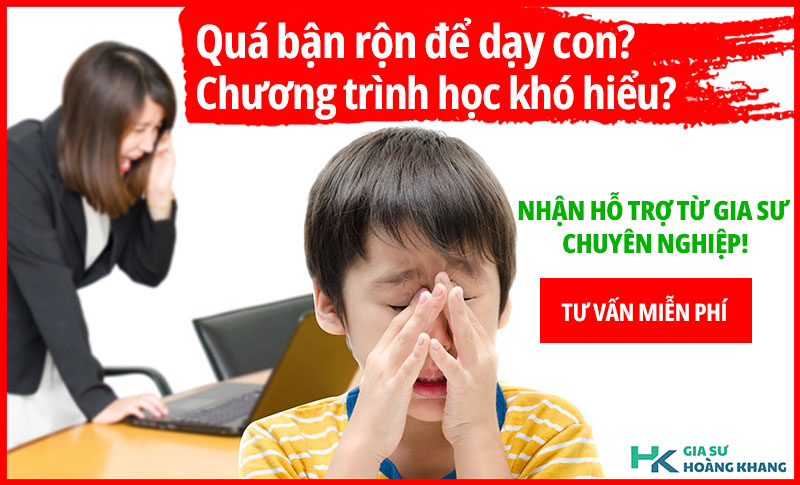Read the following passage and mark the letter A, B, C or D on your answer sheet to indicate the
correct answer to each of the questions. (1pt)
Good manners are of great value to the people who possess them, as well as to the community
they live in. Manners are taught, learnt, and passed from generation to generation.
Even hundreds of years ago, children were taught to behave responsibly. They learnt to respect
seniority. When they passed an object to another person, they had to use both hands. When they entered
a room, they had to bow and greet the oldest person first. Boys learnt to work hard to support their
families. Girls learnt to do housework, and to take care of others. Loyalty and honesty were highly
appreciated. When they made a mistake, they would not let another person be punished for it. That
would be cowardly and mean. They were taught that families were strong, and everybody should stick
together in adversity.
Fortunately, many of these values have been well preserved. They have contributed to making
the unique Vietnamese culture, and strengthening our society.
Question 20. What was seen as a boy’s main duty?
A. to respect seniority B. to share good things
C. to do housework D. to support his family
Question 21. What was seen as a girl’s main duty?
A. to do housework B.to take care of others C. to support his family D. A&B are correct
Question 22. The underlined word “they” refers to ___________.
A. children B. generations C. tradition D. seniority
Question 23. This passage is about _____________.
A. people who possess good manners B. what bad manners children in the past had
C. good manners and their value D. the preservation of bad values


Question 20. What was seen as a boy’s main duty?
A. to respect seniority
B. to share good things
C. to do housework
D. to support his family ( . Boys learnt to work hard to support their families.)
Question 21. What was seen as a girl’s main duty?
A. to do housework
B.to take care of others
C. to support his family
D. A&B are correct ( Girls learnt to do housework, and to take care of others.)
Question 22.The underlined word “they” refers to ___________.
A. children B. generations C. tradition D. seniority
Question 23. This passage is about _____________.
A. people who possess good manners
B. what bad manners children in the past had
C. good manners and their value
D. the preservation of bad values
Xin hay nhất nha
20. D
21. D
22. A
23. C
cho mình 5* + 1 cảm ơn nha